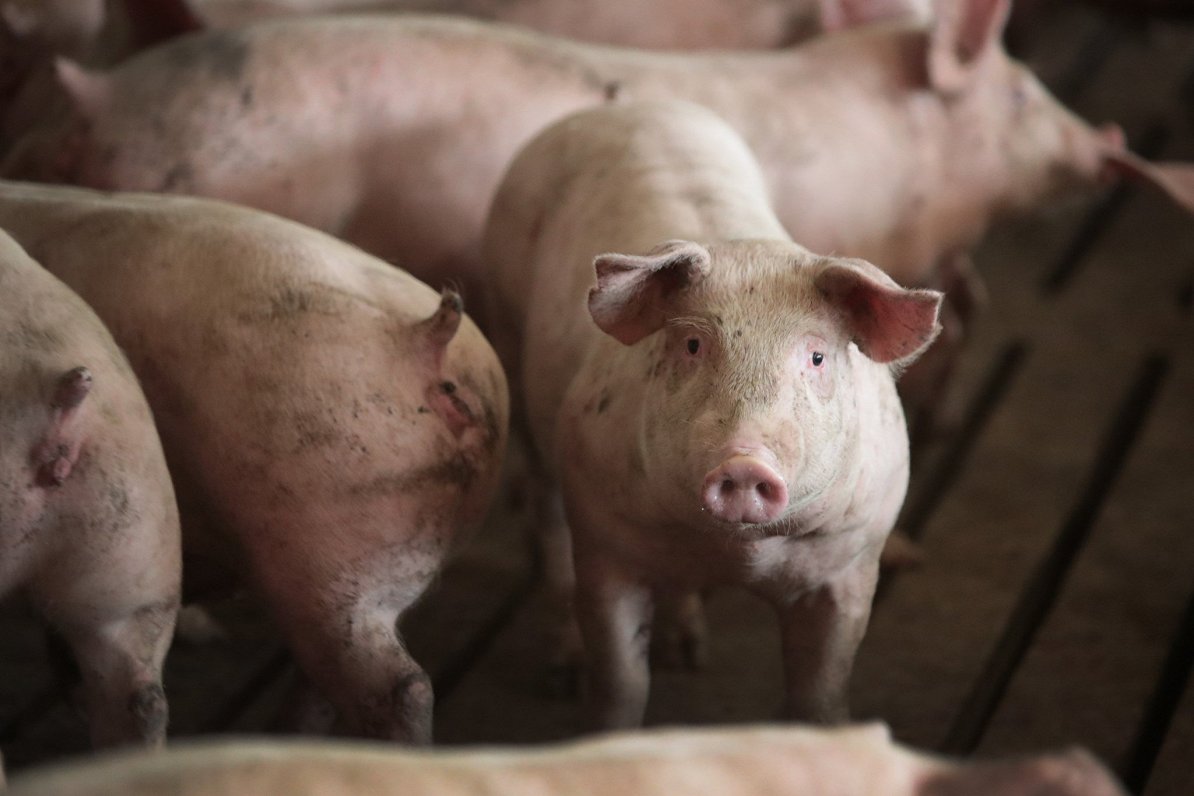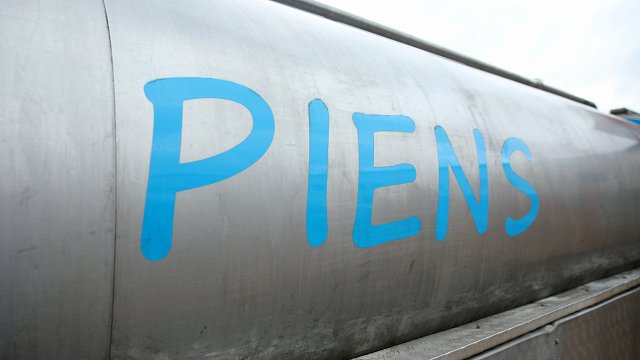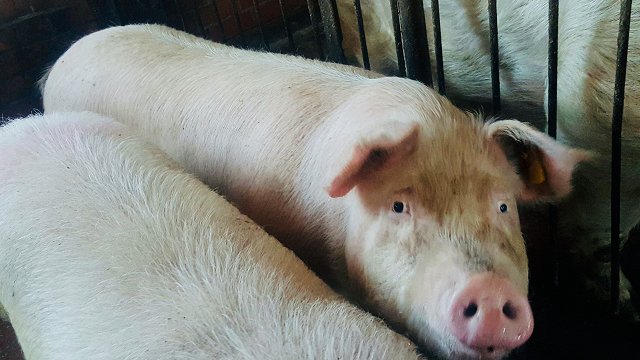For more than a year, the buying-in price of pork has been fluctuating in the European Union's (EU) market with a downward trend. It is currently around 93 cents per kilogram, which is still well below prime cost. Ministry of Agriculture specialist Zigmārs Ķikāns explained that at the end of November the average price of pork in Latvia reached a record low and was 25% below the EU average.
Ķikāns said: “Unfortunately, we see that the EU average price level is not as low as it is in Latvia, so the EU as a whole will not implement [aid] at the moment, but the EC called on Latvia to consider introducing aid measures from the State budget and the EC will then grant approval for such aid.”
Last year, €2.5 million was earmarked to support the sector, as well as €12.5 million to support pig farms in tackling the effects of the Covid crisis, of which half has been paid to the farms so far in terms of revenue cuts and outstanding costs.
The head of the Pig Breeders Association, Dzintra Lejniece, explained that the crisis in the sector was not only exacerbated by the fall in prices, but also by the current increase in costs of feed, fuel, and electricity.
She pointed out: “I believe we are already close to a tragedy because farms started to eliminate animals because they can't feed, and the paradox is that we don't produce 100% of the amount needed, we produce only 57%, but two more weeks back my association members reported to me that pigs aren't bought. In principle, they outgrow.”
Given that even with low prices there are still difficulties in marketing products in Latvia, Lejniece points to the unequal market within the European Union.
The first problems in the market emerged last autumn, when, in addition to the Covid crisis, Germany identified an outbreak of African swine fever, which limited its exports to third countries, leading to overproduction on the European Union market. Institute of Agricultural Resources and Economics expert Inguna Gulbe does not forecast a significant increase in demand for pork in the European Union.
“A large part of the world doesn't eat enough at all. If they had money, they would eat everything they can, and pork, of course, [is] a dream product. We must try to export to those countries in some way as humanitarian aid through the UN. [..] But, as in all crises, some of the players will probably go out of the market and the strongest will remain," Gulbe said.
Latvia has a total of around 4,000 pig farms, of which around 100 are still commercially active.






























